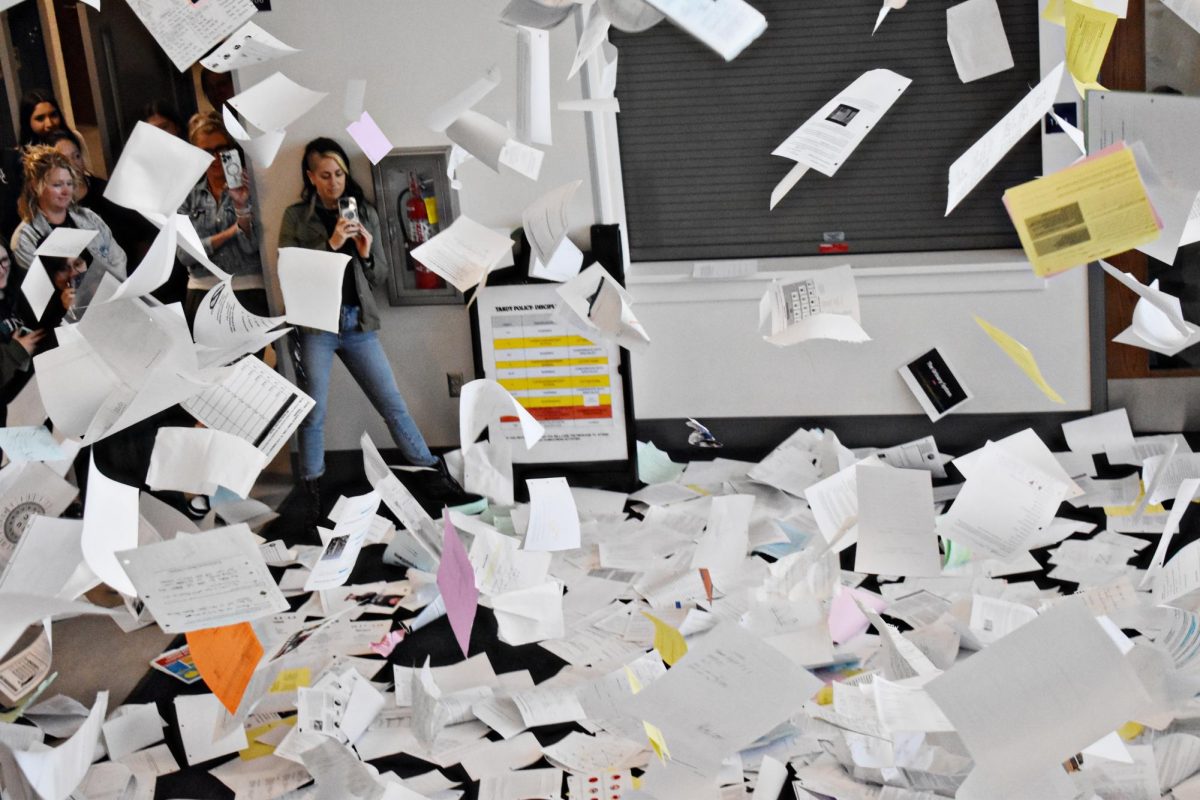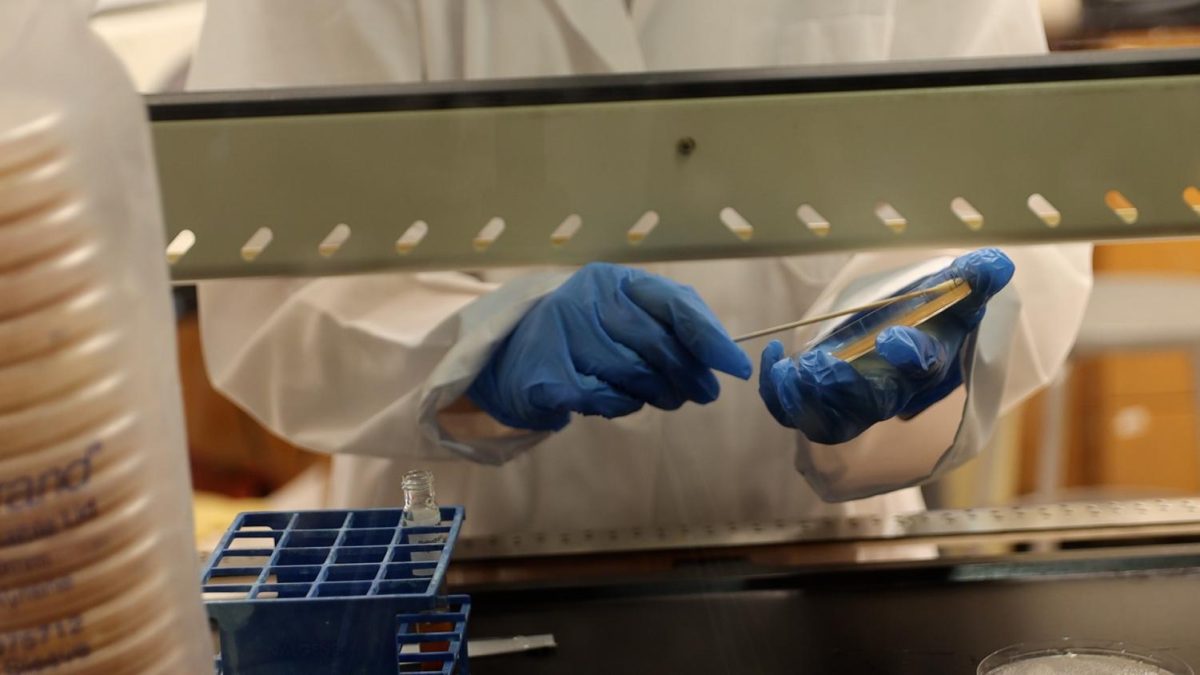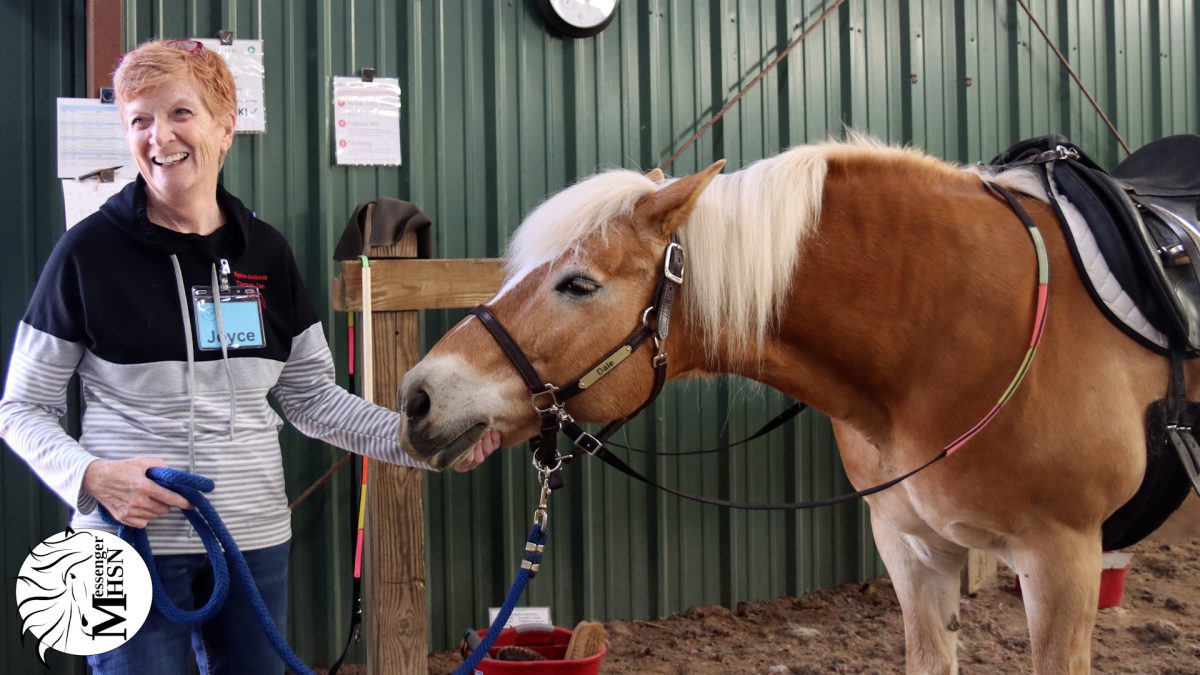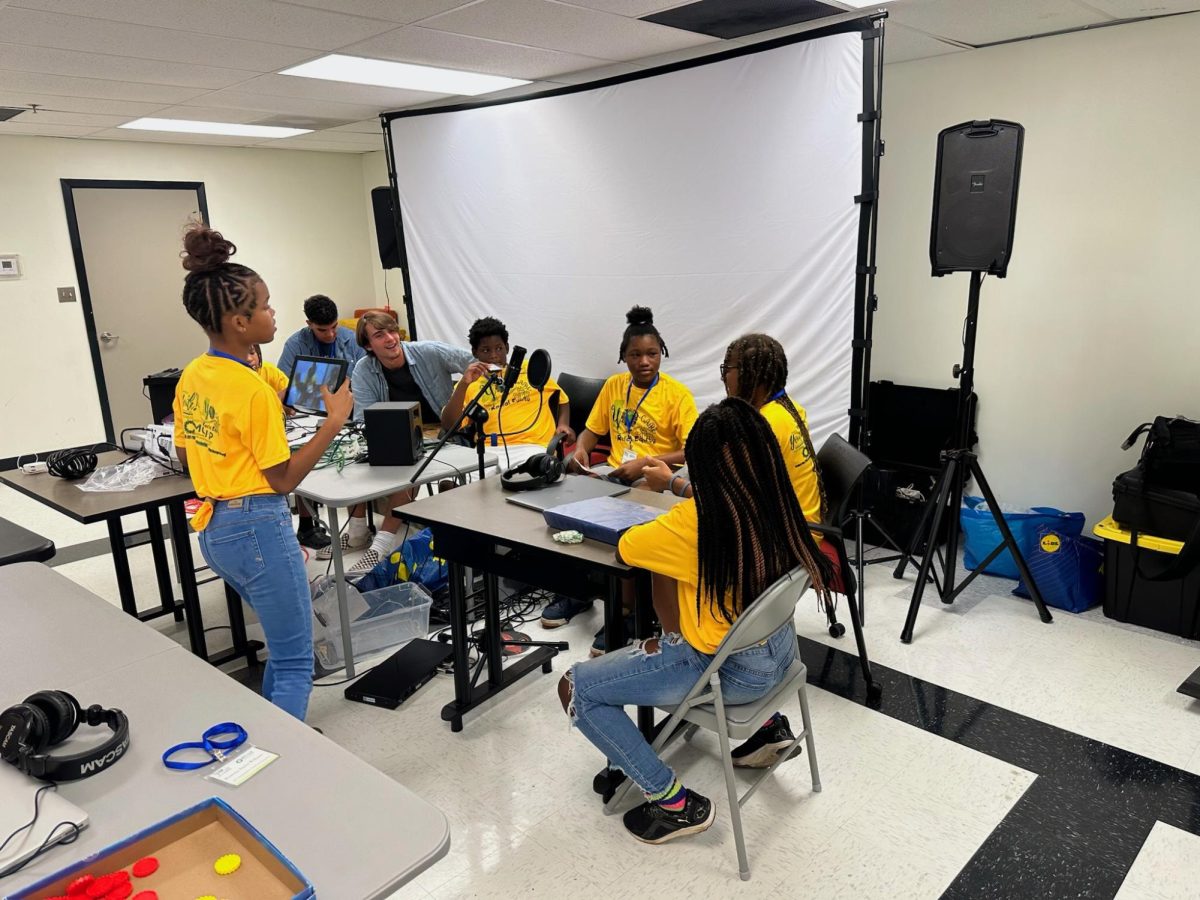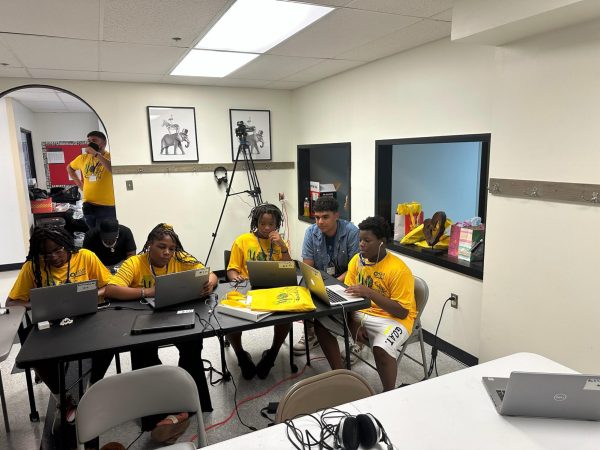
When teen songwriters, singers and producers Leo Horton and Shawn Pichardo ‘24 started Beats 4 Justice, their mission centered around teaching underserved students across the United States how to produce music. The club was born after Horton’s trip to Mississippi in 2023 with his father, Columbia University Climate Professor. Radley Horton. This trip began as an environmental justice project started by Professor Horton, but as Leo tagged along, it blossomed into a new idea for him.
Horton met kids living in the city of Jackson and was amazed to see kids over 1,000 miles away listening to the same type of music he was.
Observing how music brought their community together, Horton was inspired to use his musical skills to teach a two-day course on how to make music and beats along with his friend and fellow musician Pichardo. The target students were underprivileged kids without access to the resources necessary to make electronic music.
Planning the course was a challenging task for the duo, as fundraising and gathering equipment were essential to helping their mission come to fruition. Horton and Pichardo reached out to everyone they knew and asked around the Masters community and beyond for any old computers people were willing to donate to their club. They were able to get 15 computers from individual donors, as well as receive 15 computers as a donation from The Masters School.
Horton and Pichardo were also able to receive a sizable donation from a music software company, Image Line, the creators of the program FL Studio. Horton said, “We emailed Image Line, which is the company that builds the software that you make beats on, and we were like, ‘hey, we’ve got this cool project in Mississippi, would you like to donate?’ They gave us 15 free licenses. It was insane, it was almost $15,000.”
After receiving all the funds and equipment they needed and compiling their own music equipment to successfully teach the course, Pichardo and Horton flew to Jackson. They left on Aug. 31 and led the class on Sept. 2 and 3.
Working with local organizations in Jackson, Communities United for Prosperity and College Community Partners Program that helped them organize the class, Pichardo and Horton had workshops on how to make beats on FL studio, write lyrics, rhyme, and record and mix audio. Horton focused on the beat-making process, and Pichardo focused on the class’s lyric writing and audio mixing portions.
Horton shared one of his favorite moments from the course. He said, “One cool moment was when we had been teaching how to do it all, and then we realized that these kids are not listening to us. We walk around the room, and they all just have their headphones on, they’re already making beats on their own, so it was great to see.”
By the end of the course, all the kids left with a core and basic understanding of the music-making process, and they all made amateur level beats. One of the students in the course and Mississippi native, Cameron Kimble said, “I learned how to make beats and what to do to save them and send them to other people.”
Pichardo was thrilled with the end product of the course and what the students, learned. After watching the kids learn and grow through the beat-making process, Pichardo said, “My biggest takeaway was that as soon as you let go of, what other people think about your beats and your work, and as soon as you start making it for yourself, instead of other people, the sooner you’re like what you hear. Letting go of your inhibitions will let you maximize your full potential.”
They picked it up so fast, and they were so engaged, it was amazing.”
— Shawn Pichardo '24
Horton and Pichardo don’t plan on slowing down anytime soon. They want to expand their club and plan more trips and workshops. Horton and Pichardo plan on returning to Jackson periodically to teach more music skills to the students. Currently, they’re working on hosting workshops for underprivileged middle school students locally in Westchester, Putnam, and Rockland counties. They are looking for anyone to donate money, laptops, and music equipment, and are also looking for volunteers who would be willing to teach music, poetry, and even technical skills like cinematography as well. Pichardo said, “Come out and volunteer, we can use as much manpower as possible.”
Horton said in closing, “Music is the most powerful uniting force. It spans past cultures, and languages even. I feel like that was kind of the whole point of the project is just to bring us these two different, very different groups together and share something.”
This story was originally published on Tower on November 14, 2023.

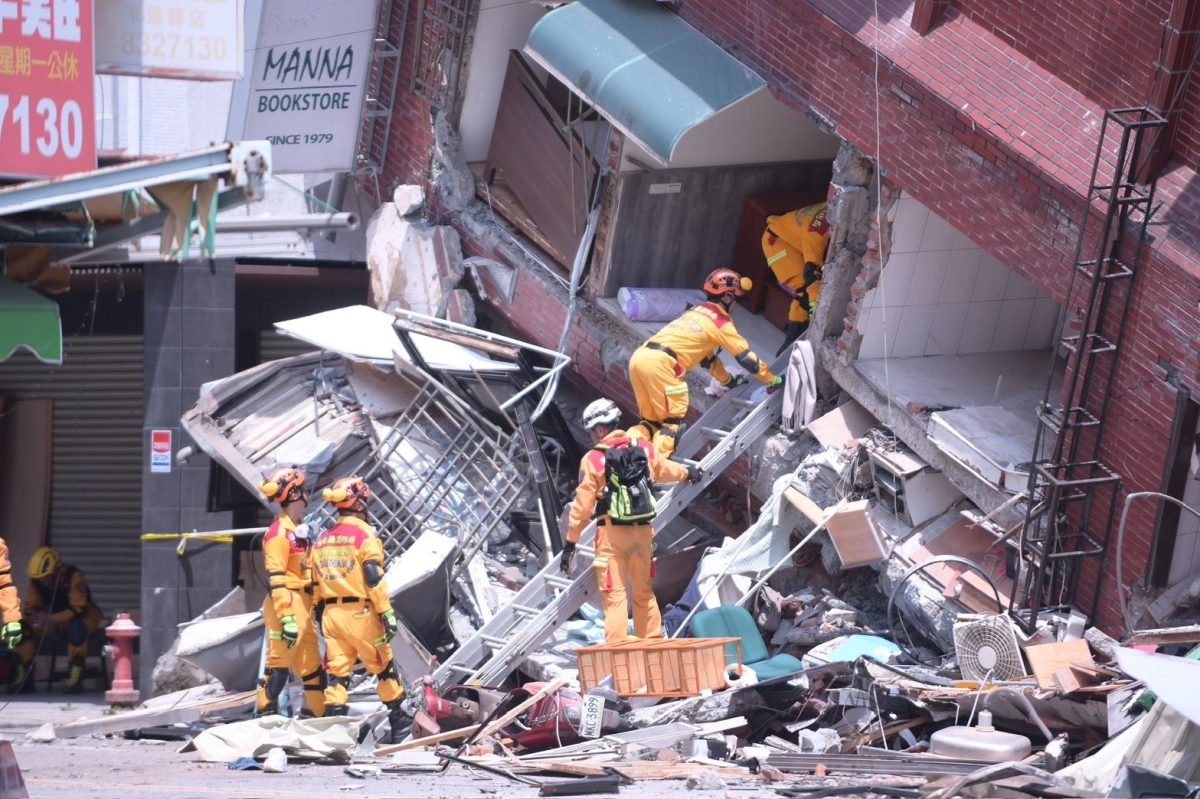
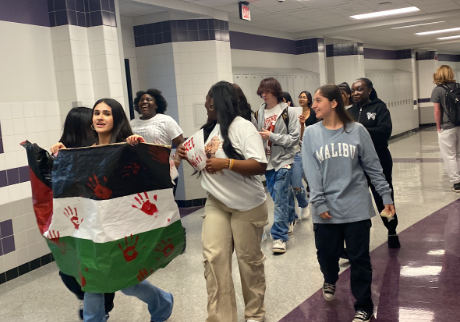


![With the AISD rank and GPA discrepancies, some students had significant changes to their stats. College and career counselor Camille Nix worked with students to appeal their college decisions if they got rejected from schools depending on their previous stats before getting updated. Students worked with Nix to update schools on their new stats in order to fully get their appropriate decisions. “Those who already were accepted [won’t be affected], but it could factor in if a student appeals their initial decision,” Principal Andy Baxa said.](https://bestofsno.com/wp-content/uploads/2024/05/53674616658_18d367e00f_o-1200x676.jpg)



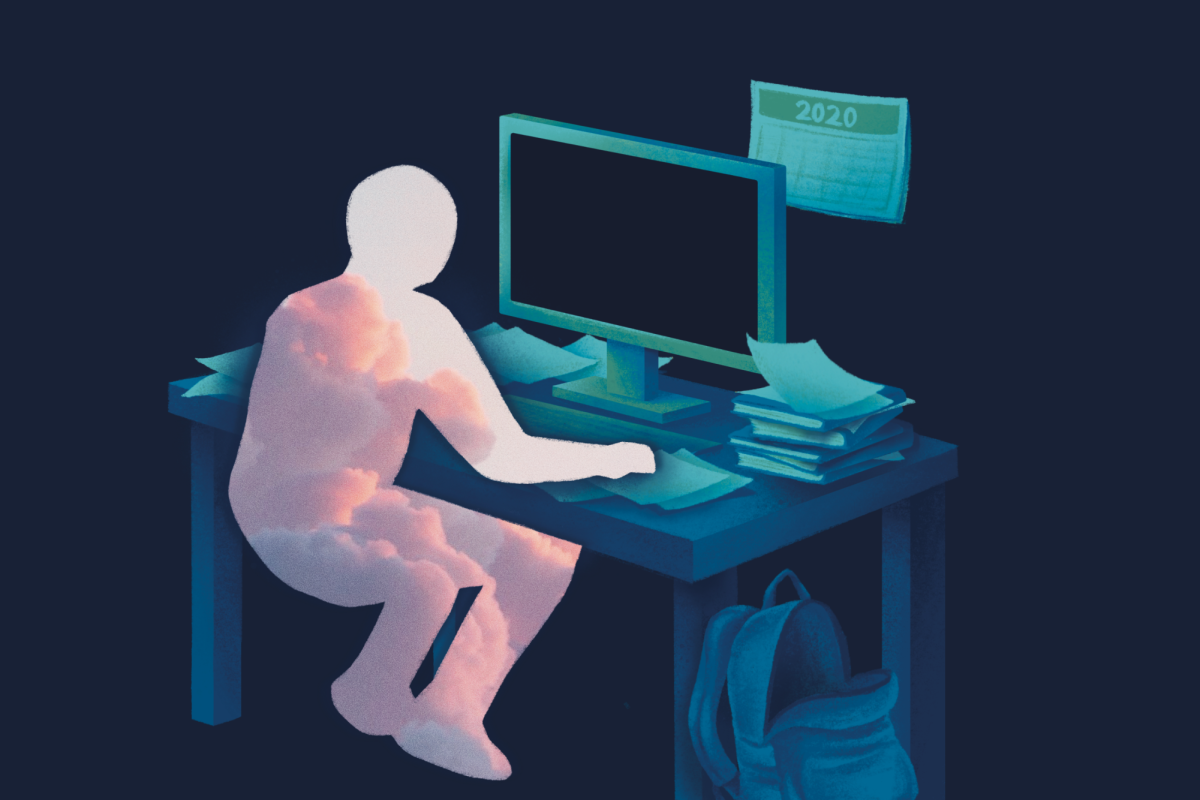
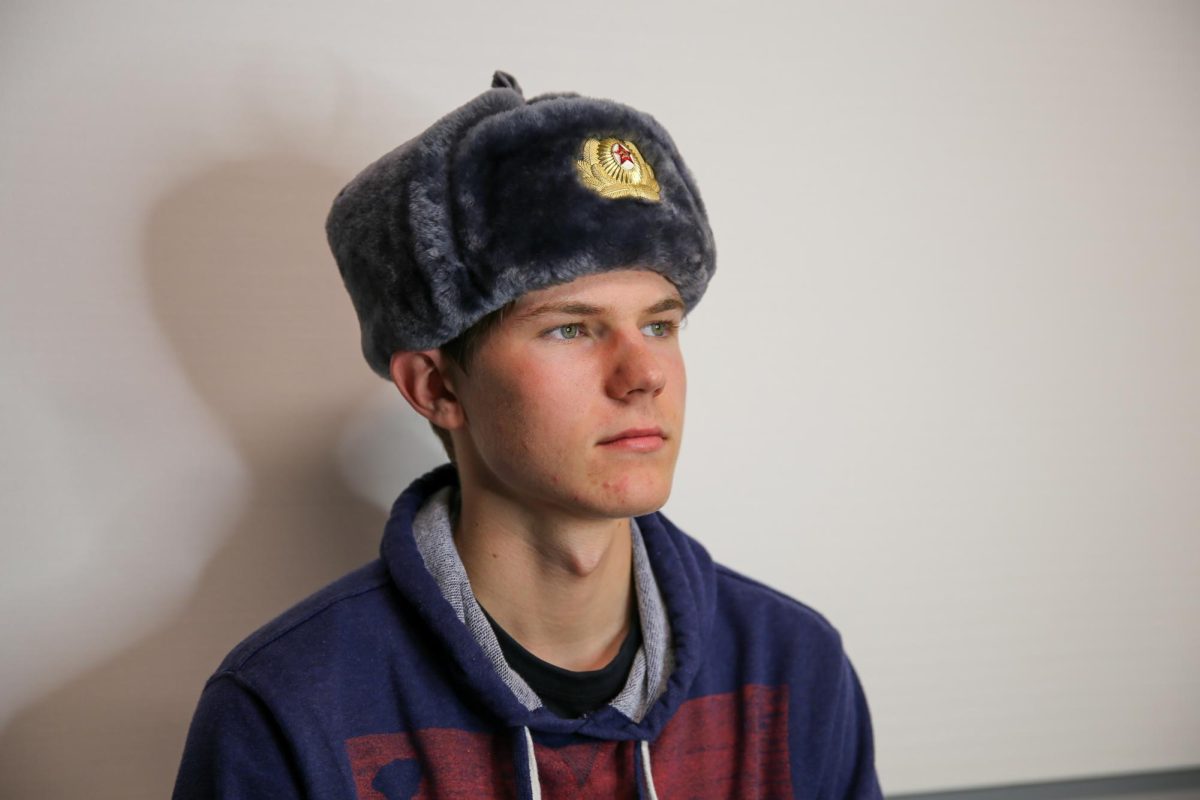
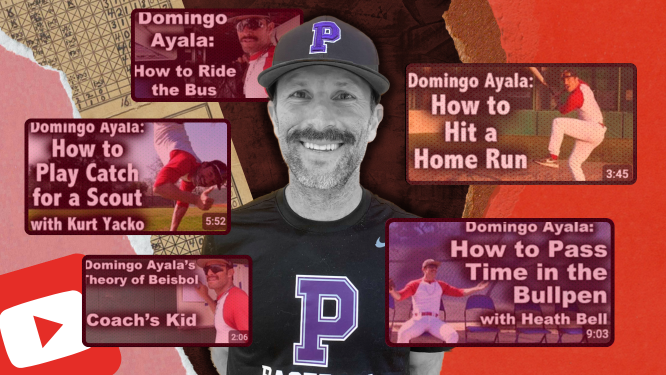
![Junior Mia Milicevic practices her forehand at tennis practice with the WJ girls tennis team. “Sometimes I don’t like [tennis] because you’re alone but most of the time, I do like it for that reason because it really is just you out there. I do experience being part of a team at WJ but in tournaments and when I’m playing outside of school, I like that rush when I win a point because I did it all by myself, Milicevic said. (Courtesy Mia Milicevic)](https://bestofsno.com/wp-content/uploads/2024/06/c54807e1-6ab6-4b0b-9c65-bfa256bc7587.jpg)

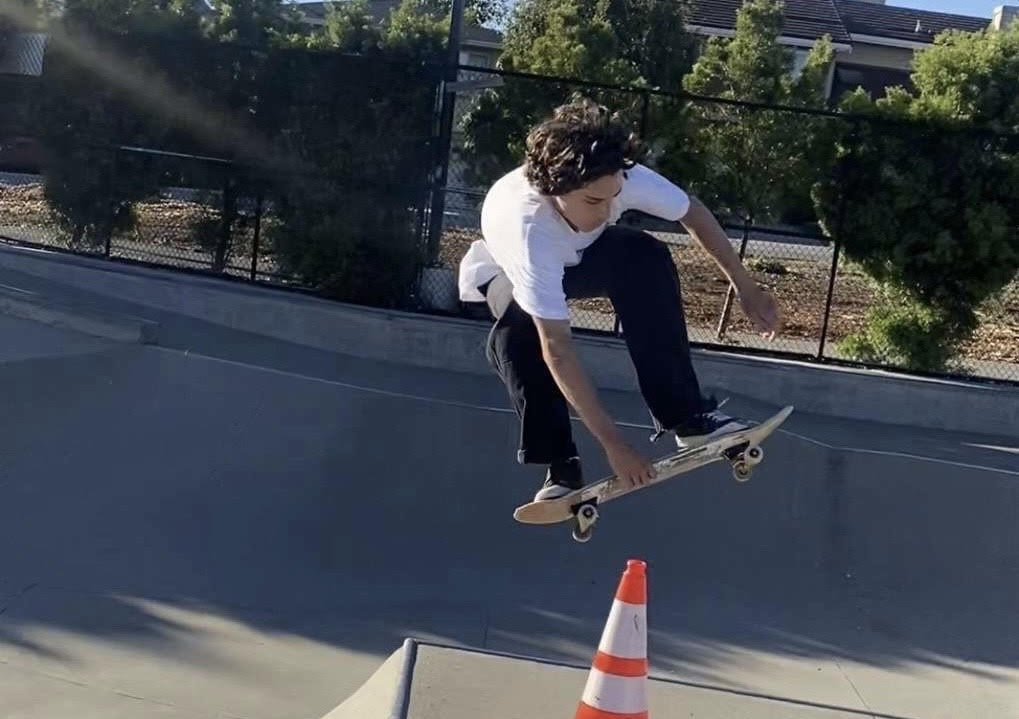
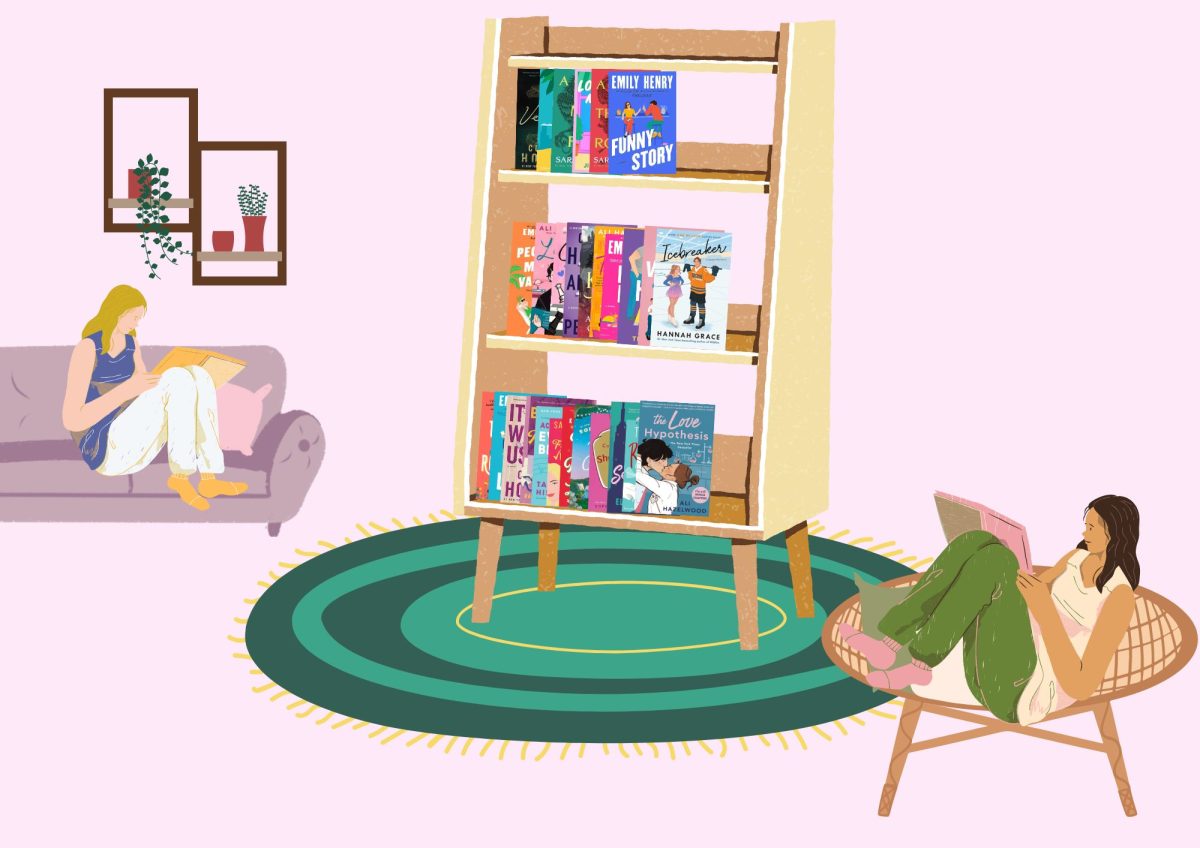
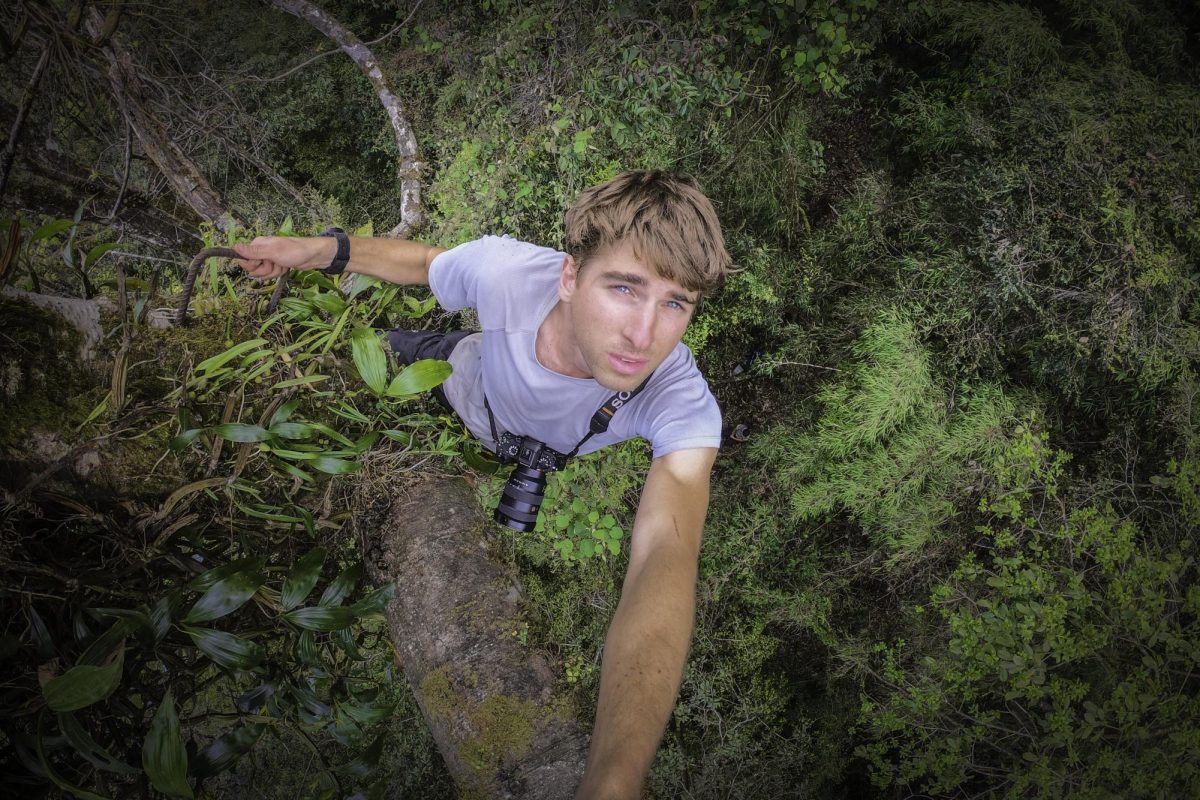

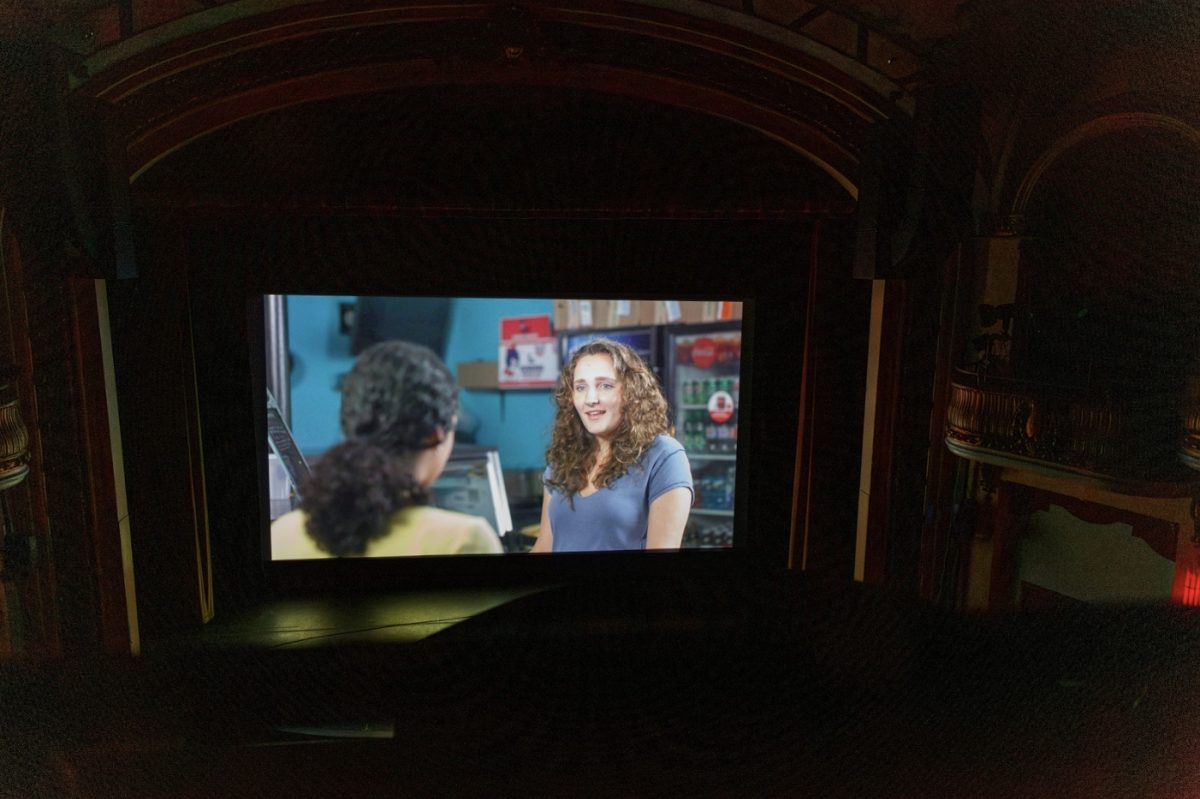

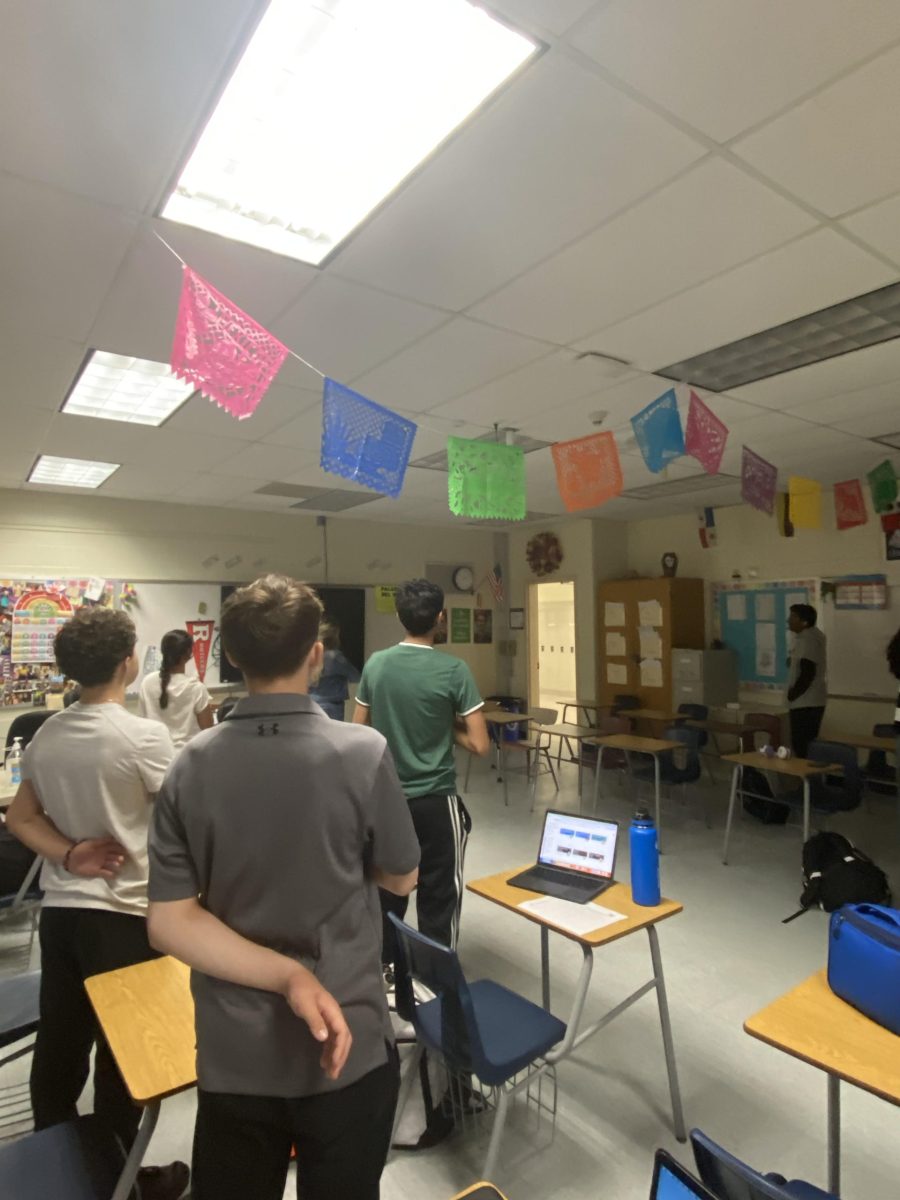
![The Jaguar student section sits down while the girls basketball team plays in the Great Eight game at the Denver Coliseum against Valor Christian High School Feb. 29. Many students who participated in the boys basketball student section prior to the girls basketball game left before half-time. I think it [the student section] plays a huge role because we actually had a decent crowd at a ranch game. I think that was the only time we had like a student section. And the energy was just awesome, varsity pointing and shooting guard Brooke Harding ‘25 said. I dont expect much from them [the Golden Boys] at all. But the fact that they left at the Elite Eight game when they were already there is honestly mind blowing to me.](https://bestofsno.com/wp-content/uploads/2024/05/IMG_7517-e1716250578550-900x1200.jpeg)
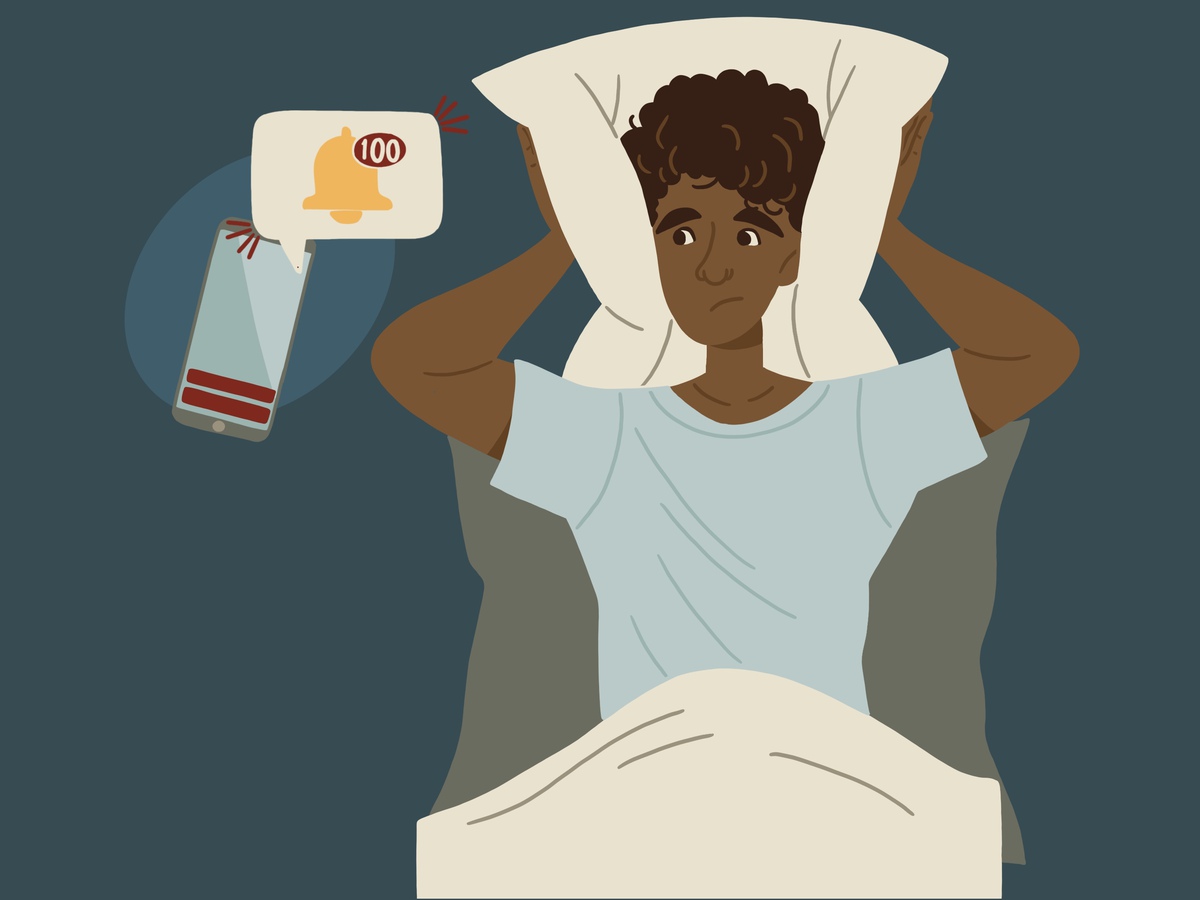
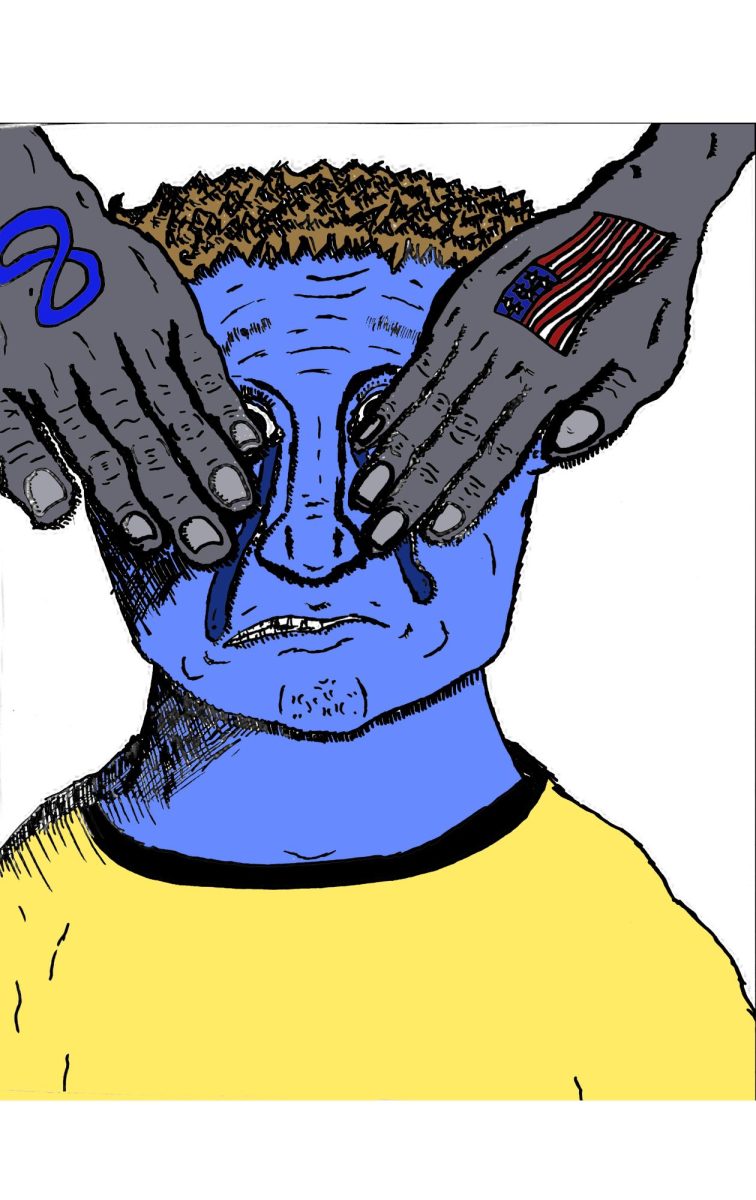
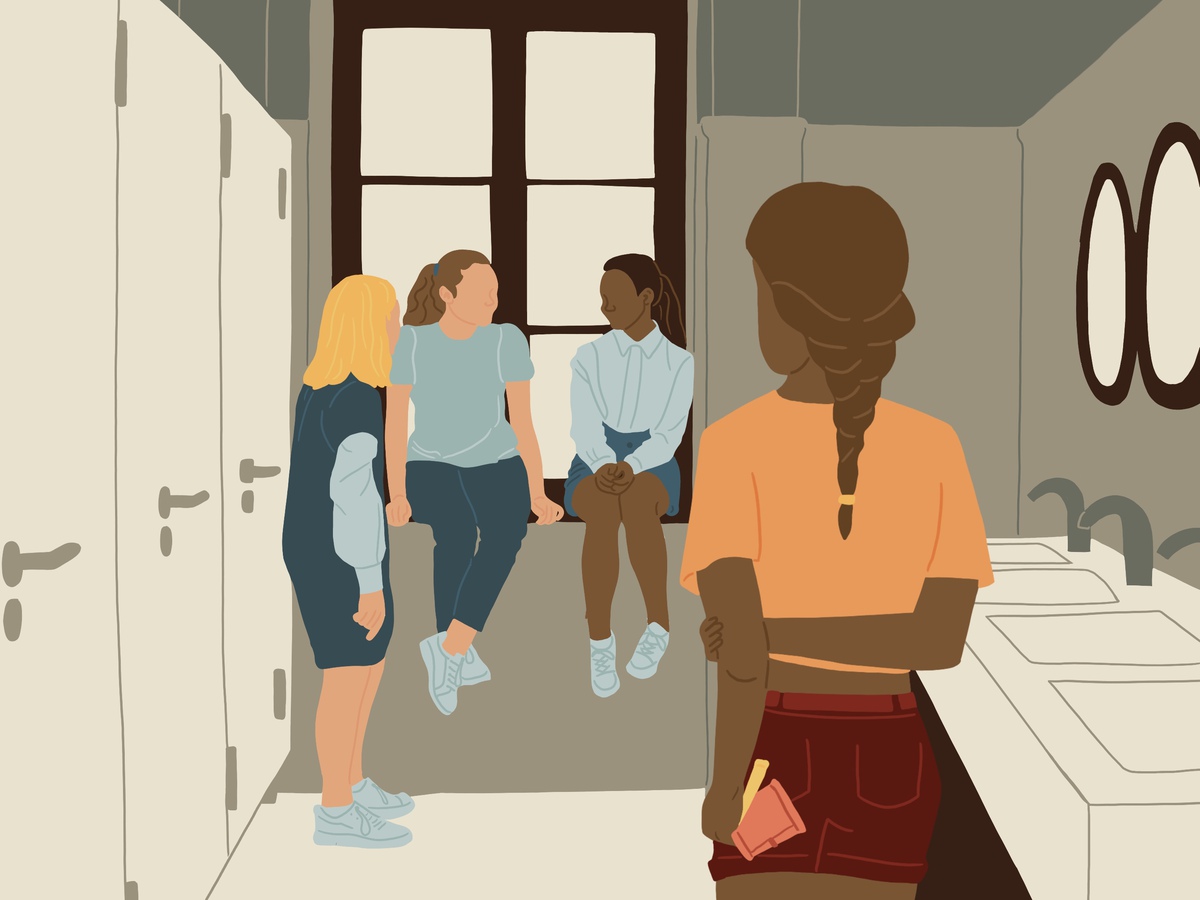
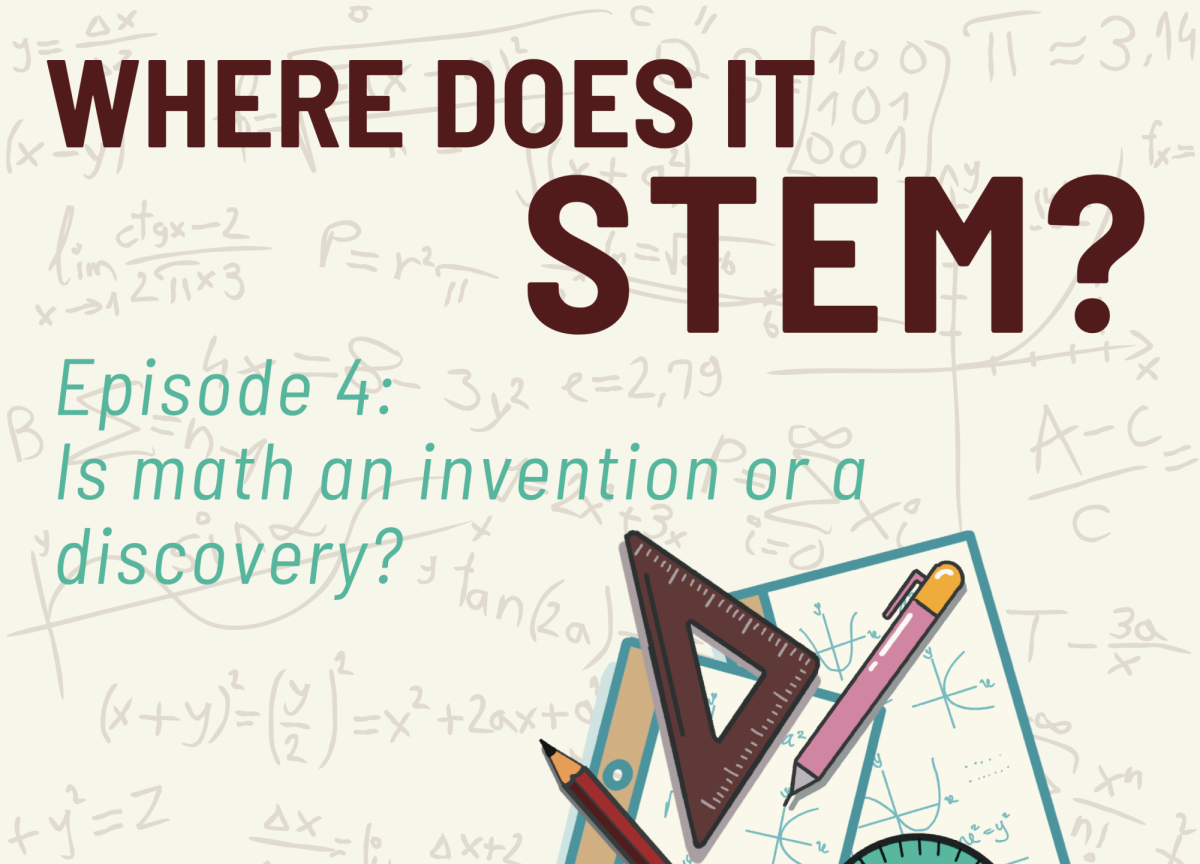

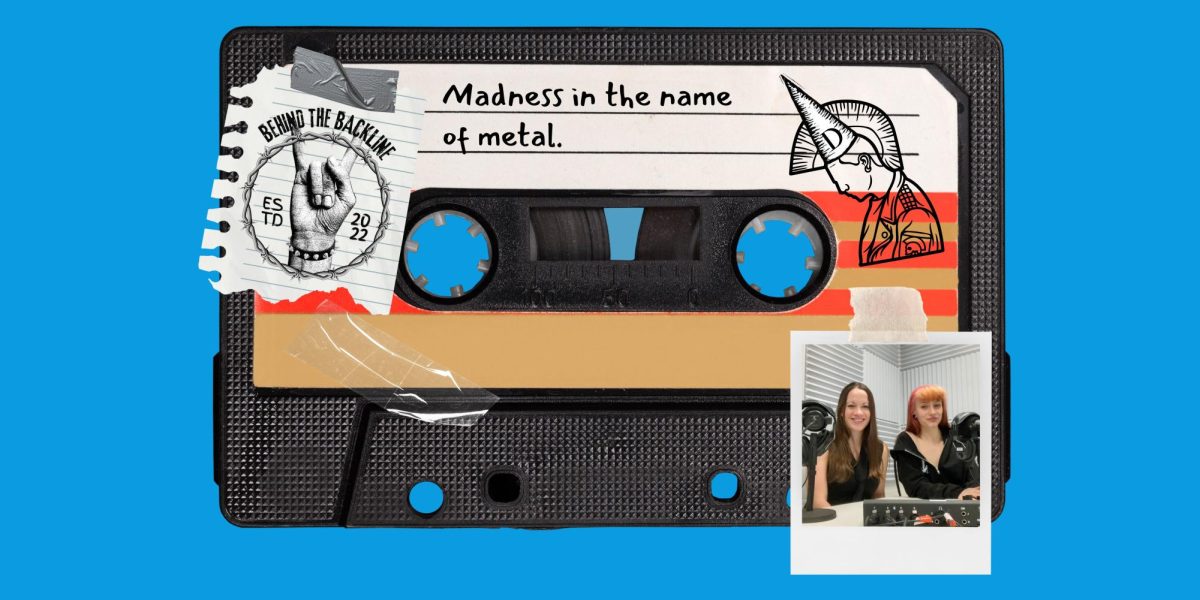
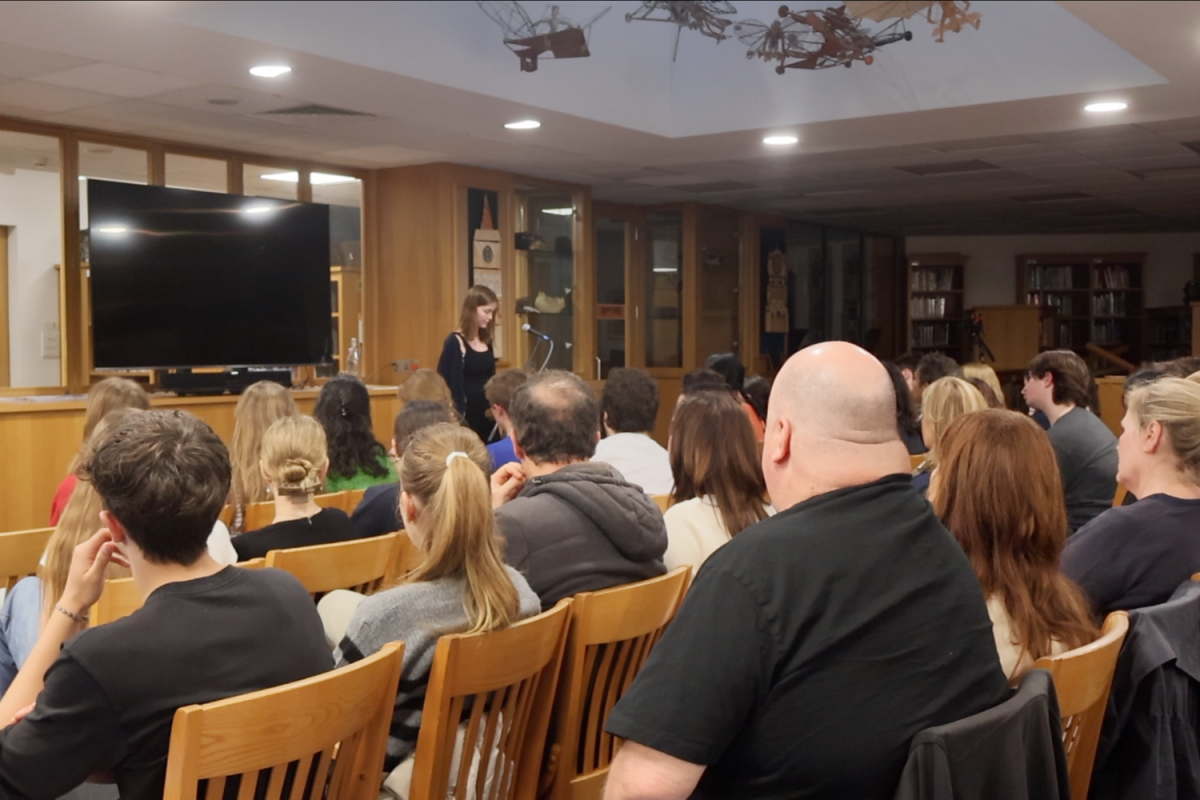

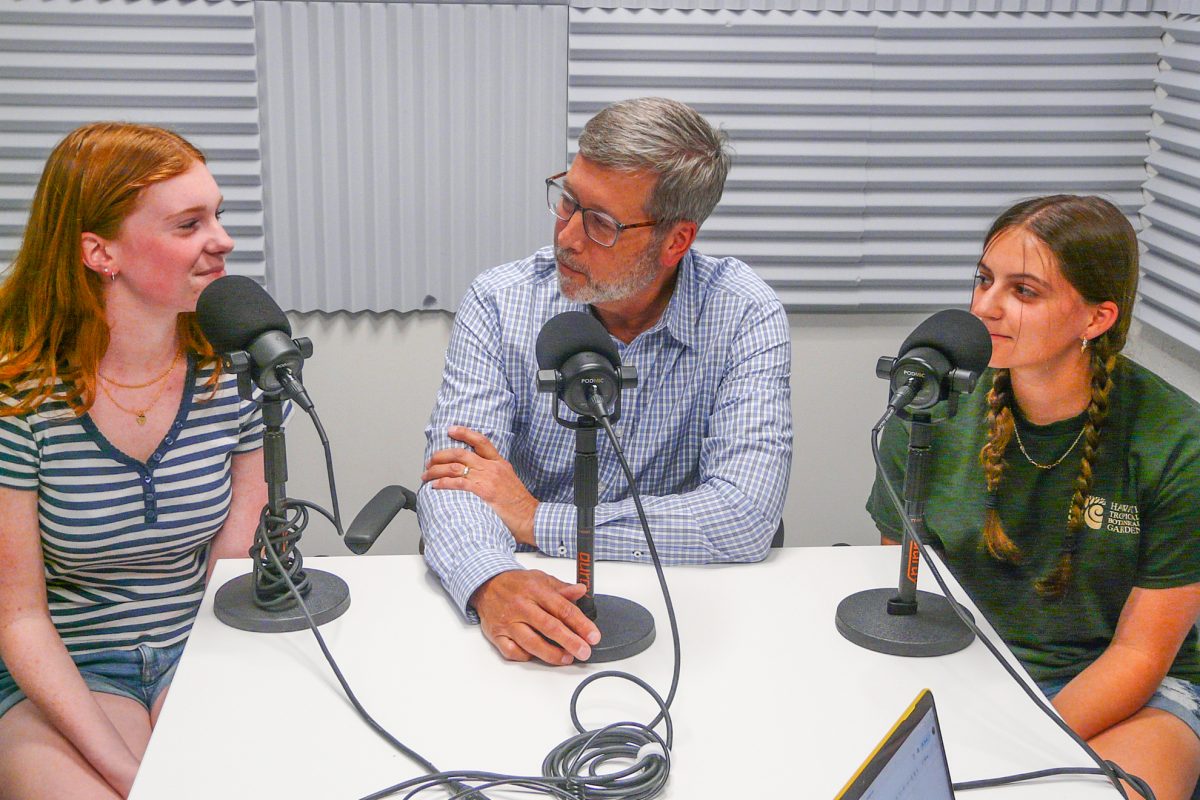
![BACKGROUND IN THE BUSINESS: Dressed by junior designer Kaitlyn Gerrie, senior Chamila Muñoz took to the “Dreamland” runway this past weekend. While it was her first time participating in the McCallum fashion show, Muñoz isn’t new to the modeling world.
I modeled here and there when I was a lot younger, maybe five or six [years old] for some jewelry brands and small businesses, but not much in recent years,” Muñoz said.
Muñoz had hoped to participate in last year’s show but couldn’t due to scheduling conflicts. For her senior year, though, she couldn’t let the opportunity pass her by.
“It’s [modeling] something I haven’t done in a while so I was excited to step out of my comfort zone in a way,” Muñoz said. “I always love trying new things and being able to show off designs of my schoolmates is such an honor.”
The preparation process for the show was hectic, leaving the final reveal of Gerrie’s design until days before the show, but the moment Muñoz tried on the outfit, all the stress for both designer and model melted away.
“I didn’t get to try on my outfit until the day before, but the look on Kaitlyn’s face when she saw what she had worked so hard to make actually on a model was just so special,” Muñoz said. “I know it meant so much to her. But then she handed me a blindfold and told me I’d be walking with it on, so that was pretty wild.”
Caption by Francie Wilhelm.](https://bestofsno.com/wp-content/uploads/2024/05/53535098892_130167352f_o-1200x800.jpg)

